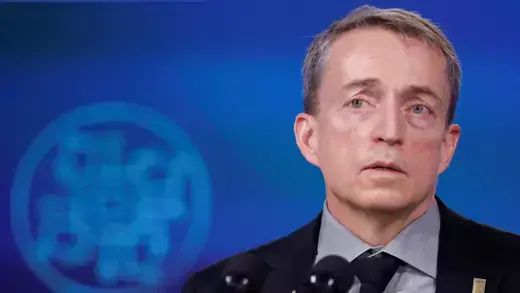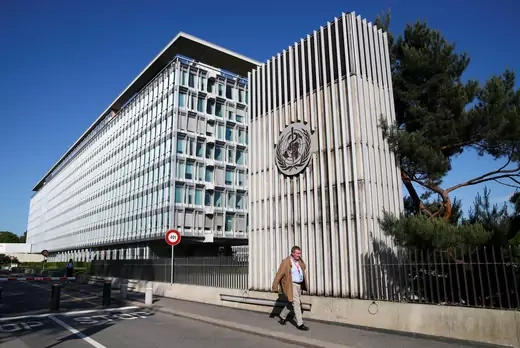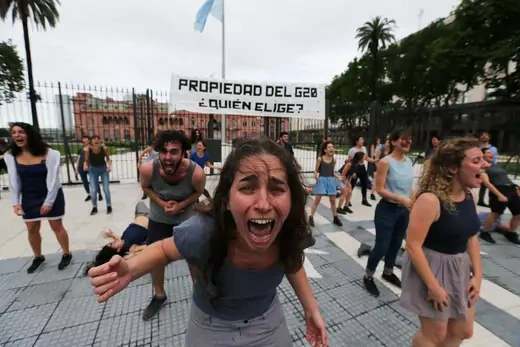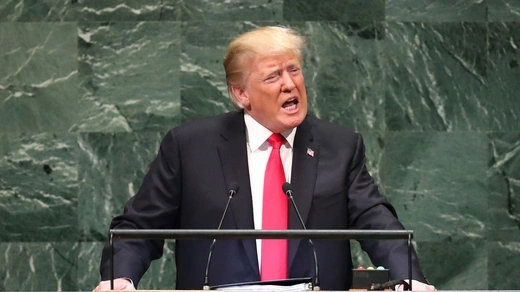- Iran
- Israel-Hamas
-
Topics
FeaturedIntroduction Over the last several decades, governments have collectively pledged to slow global warming. But despite intensified diplomacy, the world is already facing the consequences of climate…
-
Regions
FeaturedIntroduction Throughout its decades of independence, Myanmar has struggled with military rule, civil war, poor governance, and widespread poverty. A military coup in February 2021 dashed hopes for…
Backgrounder by Lindsay Maizland January 31, 2022
-
Explainers
FeaturedDuring the 2020 presidential campaign, Joe Biden promised that his administration would make a “historic effort” to reduce long-running racial inequities in health. Tobacco use—the leading cause of p…
Interactive by Olivia Angelino, Thomas J. Bollyky, Elle Ruggiero and Isabella Turilli February 1, 2023 Global Health Program
-
Research & Analysis
Featured
Terrorism and Counterterrorism
Violence around U.S. elections in 2024 could not only destabilize American democracy but also embolden autocrats across the world. Jacob Ware recommends that political leaders take steps to shore up civic trust and remove the opportunity for violence ahead of the 2024 election season.Contingency Planning Memorandum by Jacob Ware April 17, 2024 Center for Preventive Action
-
Communities
Featured
Webinar with Carolyn Kissane and Irina A. Faskianos April 12, 2023 Academic and Higher Education Webinars
-
Events
FeaturedJohn Kerry discusses his work as U.S. special presidential envoy for climate, the challenges the United States faces, and the Biden administration’s priorities as it continues to address climate chan…
Virtual Event with John F. Kerry and Michael Froman March 1, 2024
- Related Sites
- More
April 4, 2024
TradeIntel CEO Pat Gelsinger discusses developments in the tech industry, implications of geopolitical conflicts on global trade, and leadership lessons learned.

May 26, 2020
World Health Organization (WHO)Stewart M. Patrick, CFR’s James H. Binger senior fellow in global governance and director of the International Institutions and Global Governance program, discusses with James M. Lindsay how the Worl…

August 20, 2019
U.S. Foreign PolicyStewart M. Patrick, senior fellow in global governance and director of the International Institutions and Global Governance program, and James M. Lindsay discuss the upcoming meeting of the Group of …

November 29, 2018
United StatesStewart Patrick joins Jim Lindsay to discuss the implications of the G20 summit.

September 27, 2018
United Nations General AssemblyStewart M. Patrick, senior fellow in global governance and director of the International Institutions and Global Governance (IIGG) Program at the Council on Foreign Relations, joins James M. Lindsay …

 Online Store
Online Store